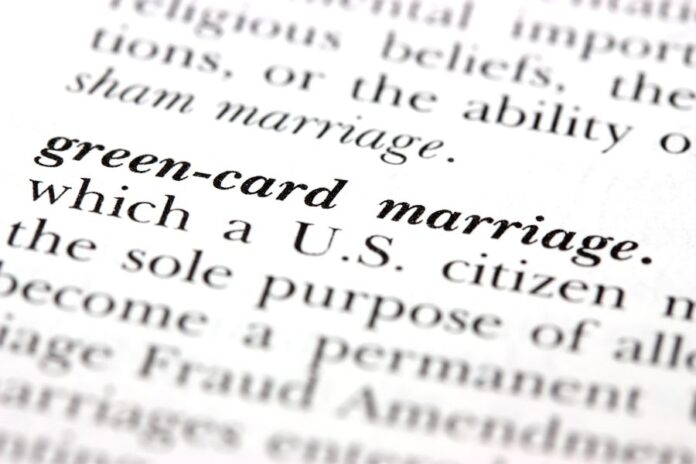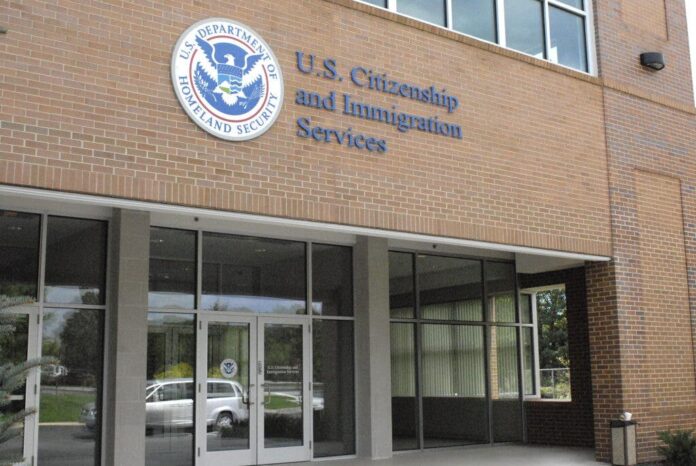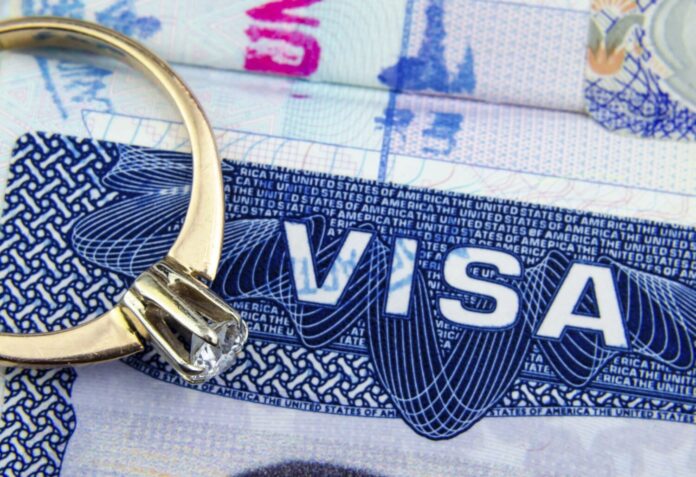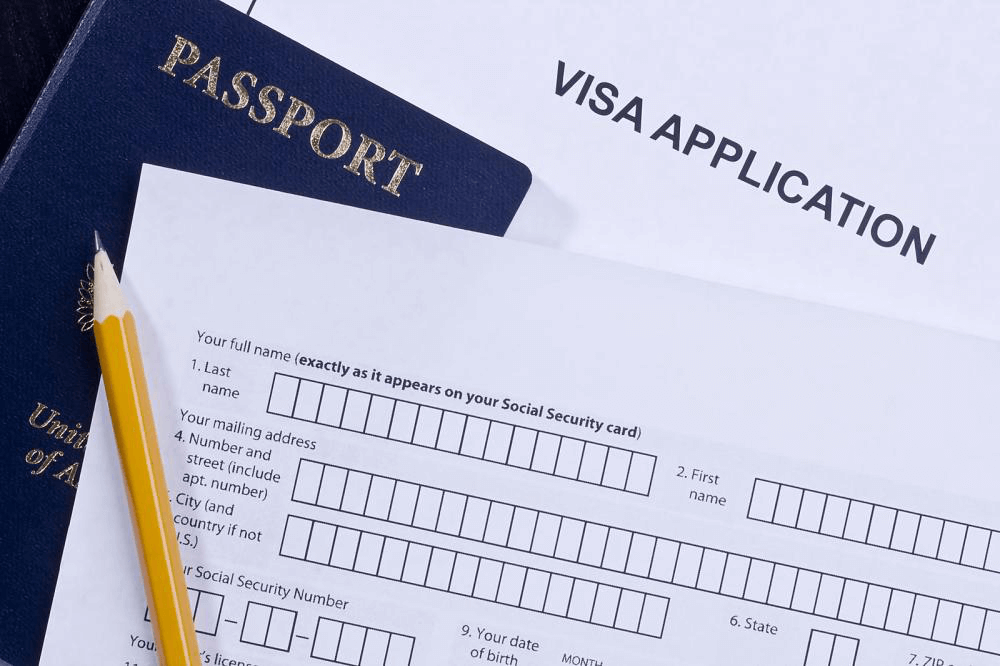Embarking on applying for a K-1 Fiancé Visa can often seem daunting. The process is complex, with numerous legal intricacies that can be challenging to understand. During these times, the assistance of a seasoned visa lawyer can be invaluable, providing insights into the application procedures and helping you navigate the labyrinth of immigration law.
A visa lawyer serves as your guide, minimizing the risk of potential missteps that could delay the application process or lead to denial. They understand the dense legal jargon, know the intricacies of the application process, and are well-versed in managing the various regulations governing the approval of K-1 Fiancé Visas. With their guidance, the path toward approval becomes significantly less strenuous, giving your application the best chance of acceptance.

Understanding the Ins and Outs of Marriage Immigration Law
The duration it takes for U.S. Citizenship and Immigration Services (USCIS) to adjudicate the marriage-based adjustment of status applications (green cards) is contingent on the workload of the Field Office or Service Center processing the I-130/485 applications. USCIS offers processing times on its website, delineating how long it took to process 80% of cases in the past six months. Nonetheless, these times will be an estimate, not an absolute measure of your case’s processing time.
Your Local USCIS Field Office Matters
It’s critical to consider the processing time of your local USCIS Field Office. This office is responsible for scheduling an in-person interview to authenticate the legitimacy of your marriage and satisfy other green card prerequisites.
Decoding the Processing Centers
Six Service Centers currently handle the processing of the Form I-130 Petition for Alien Relatives. These include the California Service Center (CSC), Nebraska Service Center (NSC), Potomac Service Center (PSC), Vermont Service Center (VSC), and the National Benefits Center (NBC).

How to Determine Your Service Center
Your service center can be identified by inspecting the first three letters of your receipt number. USCIS usually issues your I-130/485 receipt notices about 2-4 weeks after post-filing your applications.
The Current Processing Times For Form I-130 and Form I-485
For U.S. Citizens filing Form I-130 for a spouse, the processing time, as of May 2025, is currently averaging between 15 to 18 months. Meanwhile, for green card holders lodging Form I-130 for a spouse within the United States, the reported processing time is approximately 25 to 28 months. However, it’s worth noting that these times are typically faster.
The processing time for Form I-485, the Application to Register Permanent Residence or Adjust Status, averages around 20 to 22 months for all field offices. Yet, the actual processing times can fluctuate based on factors such as the service center handling your application, your local field office, and the complexity of your case.
Making a Choice: K-1 Fiancé Visa or Marriage-Based Green Card
Given the current processing times, couples may decide whether to pursue a K-1 fiancé visa or a marriage-based green card. The best decision depends on several variables, such as the couple’s marital status, the foreign national’s location, and employment considerations for both spouses. A skilled immigration attorney can guide you through these options, helping to determine whether a K-1 fiancé visa, marriage-based adjustment of status (in the U.S.) or consular processing of a marriage-based green card is the optimal choice.
In 2025, the processing time for a K-1 fiancé visa mirrors that of a spousal visa, with both necessitating nearly a 2-year waiting period. However, in certain scenarios, applicants may qualify for expedited processing of their marriage-based visa.

Implications of Getting Married During I-129F Petition Processing
The timeline of events during the I-129F petition process significantly influences the success of your K-1 Fiancé Visa application. It could introduce unexpected complications if you decide to marry your fiancé while your I-129F petition is still in process. Under immigration laws, such a scenario may result in the termination of your ongoing case, as your relationship status no longer aligns with the intent of the visa.
In such circumstances, the immigration path shifts, necessitating a new application to be filed: Form I-130, Petition for Alien Relative. This form is specifically designed to facilitate the immigration of foreign spouses to the United States. Navigating this change in process can be challenging and underscores the importance of having a visa lawyer at your side. Their expertise can help manage these sudden shifts, ensuring that your journey towards immigration remains as smooth and streamlined as possible, even when unexpected changes arise.
Choosing Between Fiancé Visa and Spousal Visa
The choice between a fiancé visa and a spousal visa hinges on many factors, each contributing to your overall immigration journey. Both visa types come with their unique advantages and nuances. The K-1 Fiancé Visa, for instance, is an ideal choice for those eager to begin their immigration process immediately. It allows the foreign fiancé(e) to enter the U.S., get married, and then adjust their status to permanent resident.
On the other hand, the spousal visa offers a more linear immigration process, albeit with its own set of requirements. It allows the foreign spouse of a U.S. citizen or a permanent resident to enter the U.S. as a permanent resident right away. The decision between the two is highly individual and depends largely on the unique circumstances and goals of the couple involved.
This is where the guidance of a visa lawyer can prove invaluable. Their expertise can help you weigh the pros and cons of each visa type relative to your situation, facilitating a more informed decision. A seasoned visa lawyer can provide clear and customized guidance, helping you navigate this intricate decision-making process confidently and clearly.

Conclusion
Consulting a proficient visa lawyer is a vital first step in understanding the process and any associated fees. Your immigration lawyer should take the time to elucidate the options best suited to your circumstances and outline what you should anticipate. A visa lawyer can help prevent common mistakes and ensure your application process is as smooth as possible. It is not an overstatement to say that their assistance can profoundly affect your K-1 fiancé visa application process.









